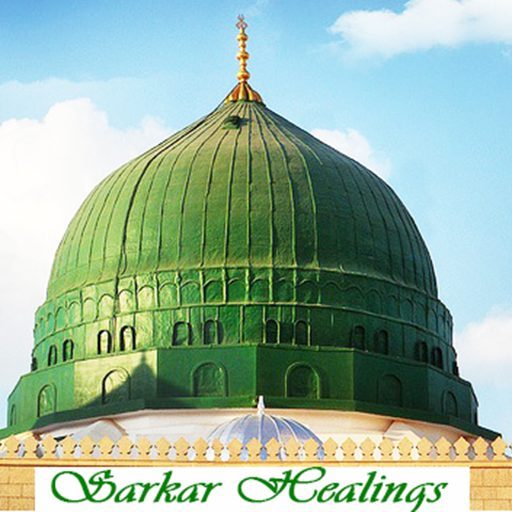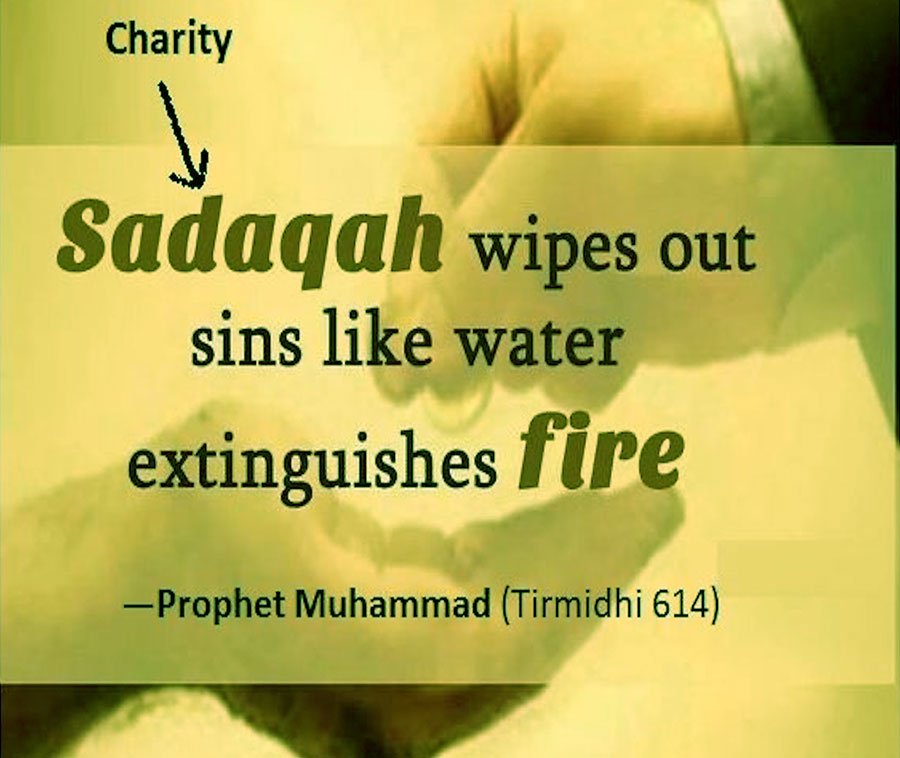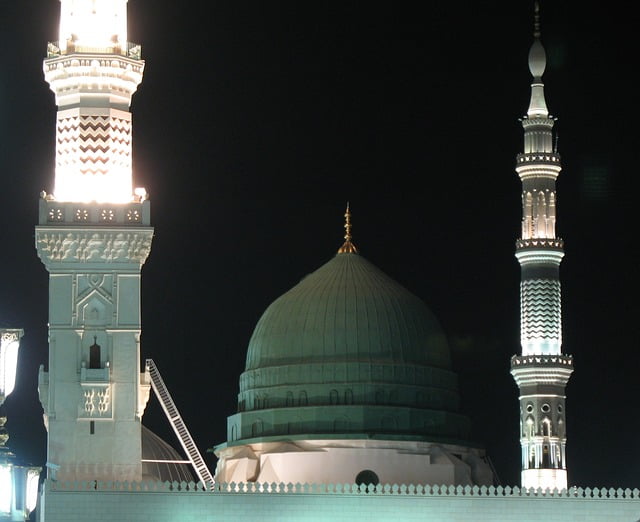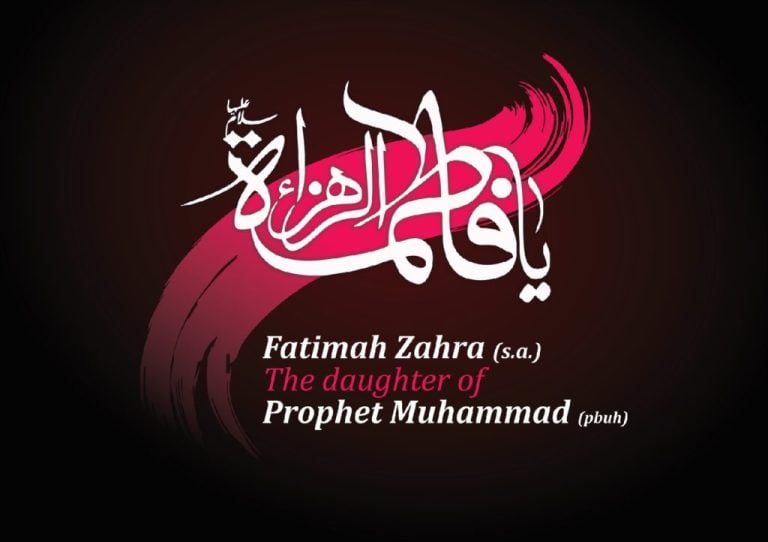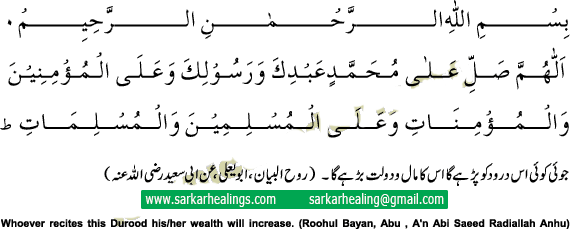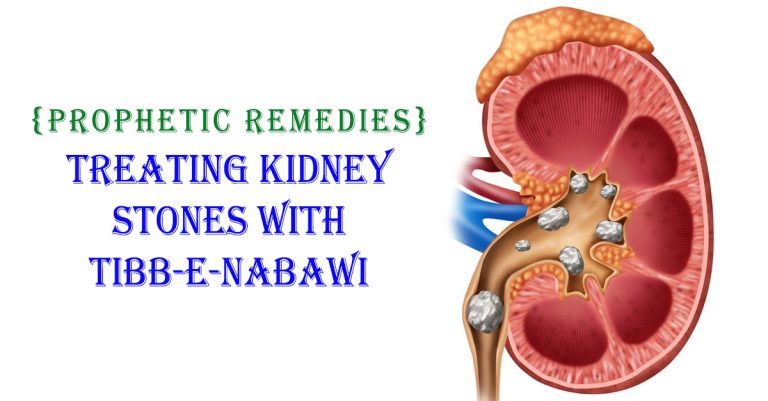9 HADITH ON SADAQAH CHARITY, Best Protection
9 HADITH ON SADAQAH CHARITY
1 – From Abu Umamah -Radi Allaahu anhu- who said: the Messenger of Allaah -sallAllaahu alayhi wa sallam- said: ‘Treat your sick by giving Sadaqah charity.’
[Collected in Saheeh al-Jamia’ No. 3358 & declared Hasan by Albaani]
2 – From Ubadah bin Saamitt who said I heard the Messenger of Allaah -sallAllaahu alayhi wa sallam- saying: ‘There is no person who is afflicted with a wound on his body, and he gives charity due to that, then Allaah Expiates from him the like of what he gave in charity.
[Collected by Ahmad & Albaani declared it to have an authentic Isnaad in Saheehah No. 2273]
3 – A man asked Abdullaah bin al-Mubarak -Rahimullaah- about ulcers that had sprung out on his knee for about seven years, and he tried to treat it with various treatments, he had asked doctors but to no avail. So Ibn Mubarak said: ‘Go and dig a well in a place where people need water, indeed I hope that there springs up water there, and by that you stop bleeding.’ The man did that and Allaah Ta’ala Cured him.’
[Taken from: ‘Seerah ‘Alaam’ 8/407]
Al-Bayhaqi quoted a story of our Shaykh al-Haakim Abu Abdullaah -Rahimullaah- who was afflicted with ulcers on his face, and he had tried a number of treatments but they did not go away, and it remained like that for nearly a year.
He then asked the teacher, Imam Abu Uthmaan as-Sabooni to make Dua’ for him in one of his gatherings on Friday, so he made Dua’ and many of the people with him said Ameen. When it came to the next Juma’ a woman came to the gathering and left a brief message saying that she had gone back home and exerted herself in making Dua’ for al-Haakim Abu Abdullaah that night, and that she had seen the Messenger of Allaah -sallAllaahu alayhi wa sallam- in her sleep, and it was as if he was saying to her: tell Abu Abdullaah to distribute water amongst the Muslims.
I came with that message to al-Haakim, and he ordered that a watering place be built at the door of his home, when they had finished building it, he ordered for water to be poured into it and ice placed into that water, and then the people began drinking from that water. Not a week had passed by, except that it was obvious that his health had been restored, and the ulcers had ceased. His face had become better than it was before, and he lived like that for a number of years.’
[Collected in ‘Saheeh Targheeb wa Tarheeb’ No. 964 Albaani declared it to be Saheeh Maqtu, 1/p.568]
SADAQAH CHARITY
4 – Abu Tahir as-Silafee said in ‘Mua’jam as-Safr’: I heard Abu Hasan Ali bin Abu Bakr Ahmad bin Ali the scribe of al-Minzi in Damascus saying: I heard Abu Bakr al-Khabazi (d. 449A.H.) in Nisaboor saying: I became sick with a very dangerous illness, and a righteous neighbor of mine saw me and said: ‘Utilize the saying of the Messenger of Allaah -sallAllaahu alayhi wa sallam-: ‘Treat your sick by giving Sadaqah charity.’
It was summer time, and I bought many watermelons, and a group of poor people and children got together and ate them, then they raised their hands to Allaah –Azza wa Jal- and they made Dua’ for me to be cured. I swear by Allaah I had not reach the morning except that I regained complete health from Allaah -Tabaraka wa Ta’ala.
[Seerah ‘Alaam 18/44, Tareekh al-Islaam]
5 – al-Barzali (d. 841A.H.) said in his Fatwa (5/612): Ibn Rushd was asked about the saying of the Messenger of Allaah -sallAllaahu alayhi wa sallam-: ‘Treat your sick by giving Sadaqah (charity).’ Is it authentic or not? And what does it mean? And if a person becomes sick and treats his illness with all types of medicines and they did not benefit him, then what is the way of giving Sadaqah as a medicine?
He answered:
‘I do not remember this text (narration) in any of the authentic collections of narrations, however, if it is authentic, then the meaning is an encouragement to visit the sick, because it is from the obligatory rights from the Sunnah that it is upon a Muslim that he visit a Muslim if he becomes sick.
As for the saying ‘The Muslim is a brother of a Muslim, he encourages him to say the testification at the time of death, and he visits him when he is sick, and advises him when he is absent or if he has to testify.’ As for visiting him then this is a good deed, and every good deed is Sadaqah, since it has a connection with the sick person and visiting him brings happiness to him, and just like making Dua’.
There is no doubt that there is hope that the Dua’ will be answered and he will be cured. Therefore, it does benefit him as a type of medicine, due to the saying of the Messenger -sallAllaahu alayhi wa sallam-: ‘He who sent down the illness also sent down the treatment.’
Al-Barzali said: some of our shaykhs from al-Qarawan understood this to have an evident meaning, namely that if a person gives Sadaqah on behalf of the sick, and that he requests the person whom he gave Sadaqah to, to make Dua’ for the sick then it is hoped that he will be cured, due to the saying of the Messenger -sallAllaahu alayhi wa sallam-: ‘The supplication of one of you for his brother in his absence is answered.’
6 – ad-Dooree narrated in ‘Tareekh’ and al-Bayhaqi in ‘Shu’ab al-Eemaan’ from Ibraheem an-Nakhai who said: ‘that the Companions used to regard giving Sadaqah as a means of repelling oppression.’
7 – From Hudayfah -Radi Allaahu anhu- that the Prophet -sallAllaahu alayhi wa sallam- said:
‘A fitnah (trail) which a man faces with regard to his family, his wealth, his own self, his son and his neighbor is expiated by fasting, prayer, charity, enjoining good and forbidding evil.’
[Collected by Bukhari & Muslim]
8 – Shamsuddeen Muhammad bin Abee Bakr Ibn Qayyim aj-Jawzeeyah (d.751 A.H.) -Rahimullaah- said:
‘Indeed Sadaqah has an amazing effect in repelling different types of trials and tribulations, even if the charity was given by an evil person, or an oppressive person, in fact even if it was given by a non-Muslim! Indeed Allaah Ta’ala repels different types of trials and tribulations due to giving Sadaqah.
This is a matter which is well-known to the scholars and the general folk, and all of the people on the earth can associate with this fact because they have experienced it.’
[Taken from: ‘al-Wabil as-Sayyib’ p.63]
9 – Shamsuddeen Muhammad bin Abee Bakr Ibn Qayyim aj-Jawzeeyah (d.751 A.H.) -Rahimullaah- said:
‘There are types of medicines which can treat illnesses which the minds of the senior doctors cannot comprehend, and that which their sciences, experiences and measurements cannot reach. These are the medicines of the heart and soul, and the strength of the heart, its dependence upon Allah and trust upon Him and seeking refuge in Him.
Prostrating and feeling in dire need of Allah and humbling oneself for Allah. Likewise giving Sadaqah (charity), making Dua’, repentance and seeking forgiveness, being good to the creation, aiding the distressed and liberating from grief and unhappiness.
Indeed these types of medication have been used by various nations, who are upon different religions and communities, and they found that they had an effect in the treatment of illnesses, which even the sciences of the most knowledgeable doctors could not reach, and they have no experience nor measurement of it.
We have indeed experienced these matters a great deal and as others have, and we have seen what ordinary medicine can and cannot do.’
